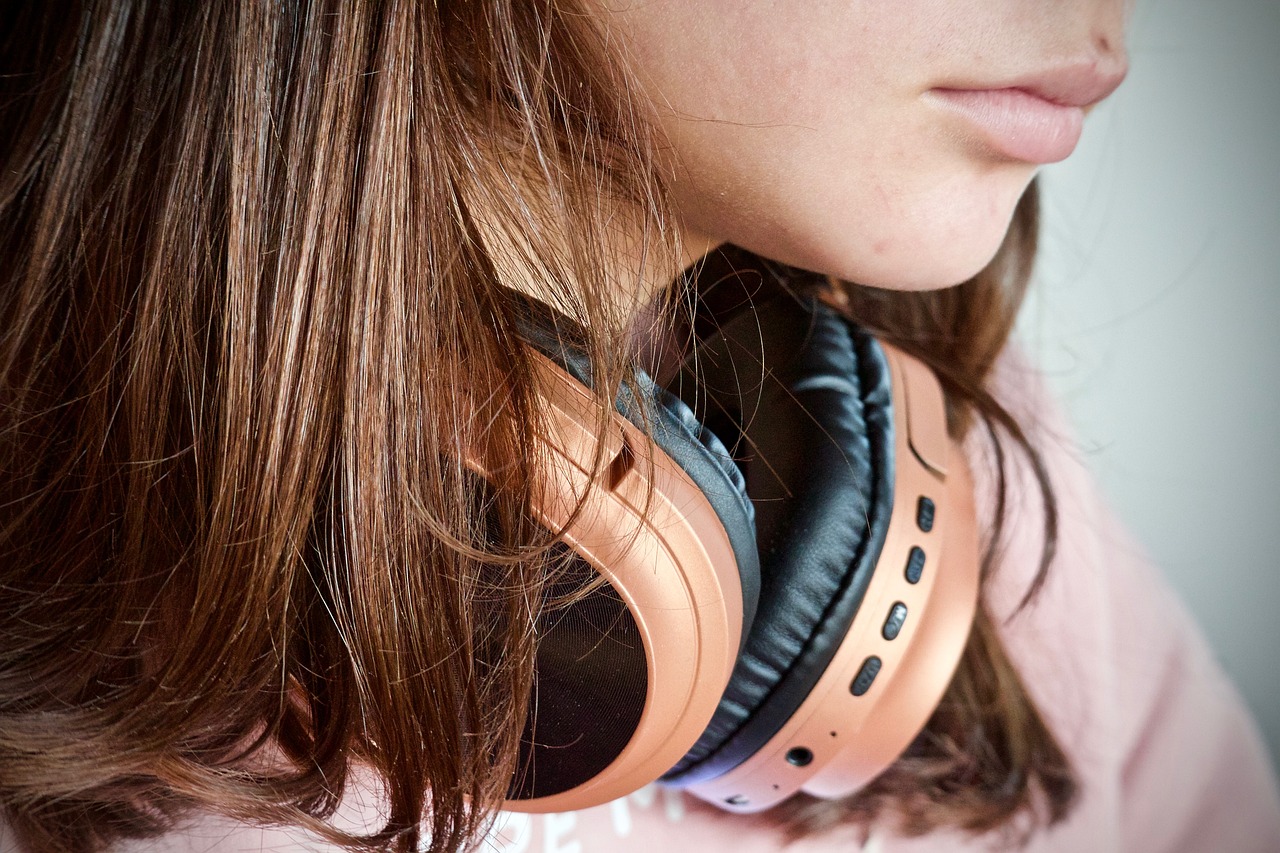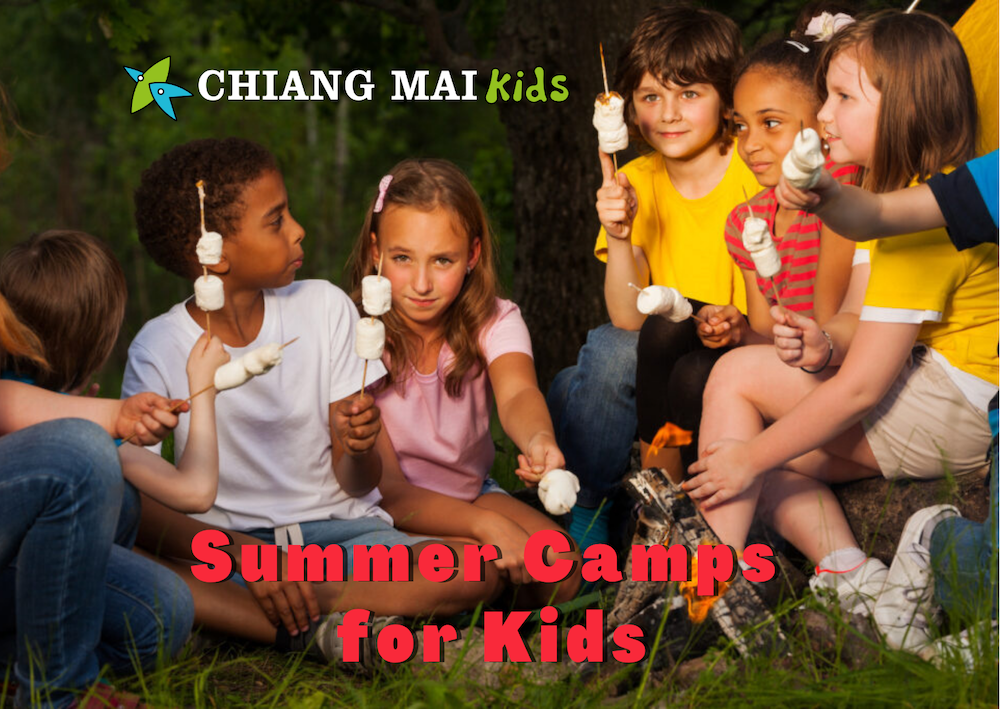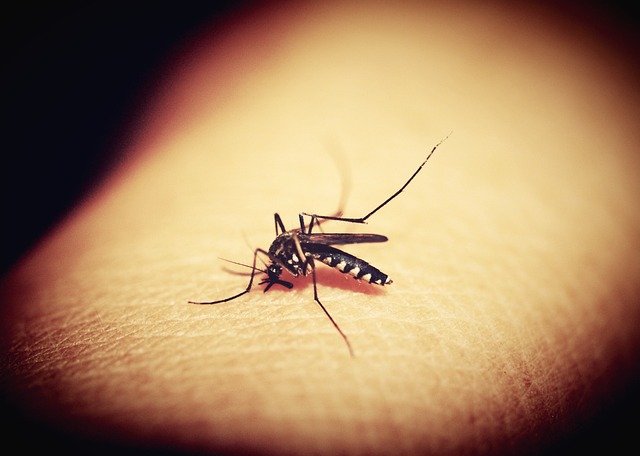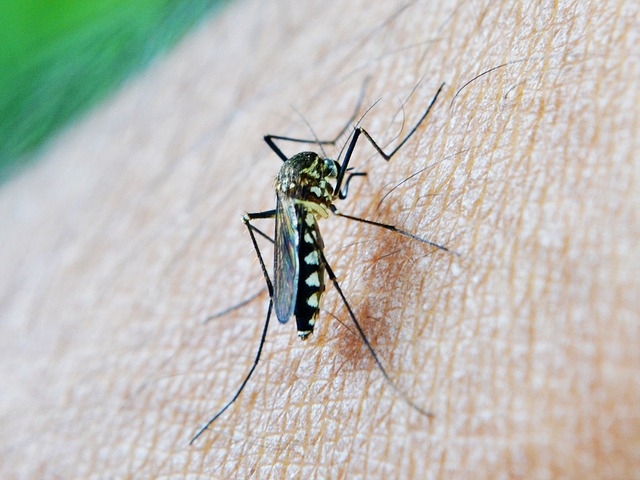The answer is absolutely, yes!
The prevalence of anxiety, depression and various mental illnesses is unfortunately rising in adolescents as they face the environmental and social impediments of the 21st century. The most negative exterior influences of anxiety disorder are often caused by today’s youth suffering from academic pressure, social expectations and the increase in the addictions to social media and technology. This tri factor results in an inability to make meaningful social connections which in itself leads to both lower self-esteem and various anxiety disorders in children and teenagers.
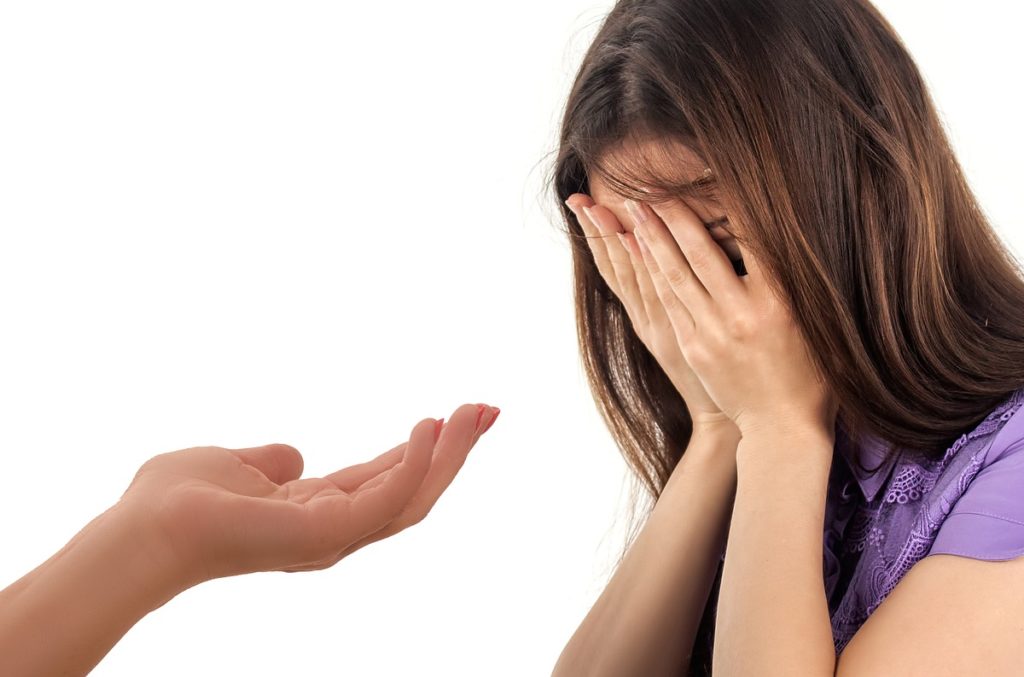
Creativity in any medium is an extremely important aspect in building identity and making connections with oneself and others and are often used as emotional outlet for stressed-out kids or teens, especially music! As growing individuals, adolescents need creative stimulation to open their minds and train their motor skills to adapt to new ideas and problem solving. In a professional environment, music can even be progressive in aiding a wide spectrum of mental health issues. Music therapy can be one of the most powerful, prevalent and positive methods is the correlation between music and the effects this has on the human psyche.
What is Music Therapy & How Does This Work?
“Music is a therapy. It is a communication far more powerful than words, far more immediate, far more efficient.” – Yehudi Menuhin. According to the American Music Therapy Association, Music Therapy (MT) is a deep-rooted health profession where individuals’ emotional, physical, social and cognitive needs are acknowledged through a therapeutic relationship with music. After evaluating a client, an indicated treatment can be provided through creating, listening or playing music. Many remarkable musicians have spoken publicly about combatting their mental health issues through the power of music and musical instruments. It is a lesser-known therapy as opposed to Cognitive Behavioural Therapy or Existential Therapy.
There are two rudimentary approaches of music therapy that both encourage verbal discussion between a patient and a client. They differ based on the therapist’s bearings and the client’s needs.
There is receptive MT which involves listening and responding to live or recorded music, potentially through dance and movement or lyrical discussion. It can improve coping skills and emotional regulation by decreasing stress and pain. Additionally, there is evidence that hormonal changes also occur, for example lowering cortisol levels.
Active MT, which is also known as expressive music therapy, involves the patient being engaged in the personal creation of music in any form. This could include singing, composing, writing, improvising, and playing instruments.
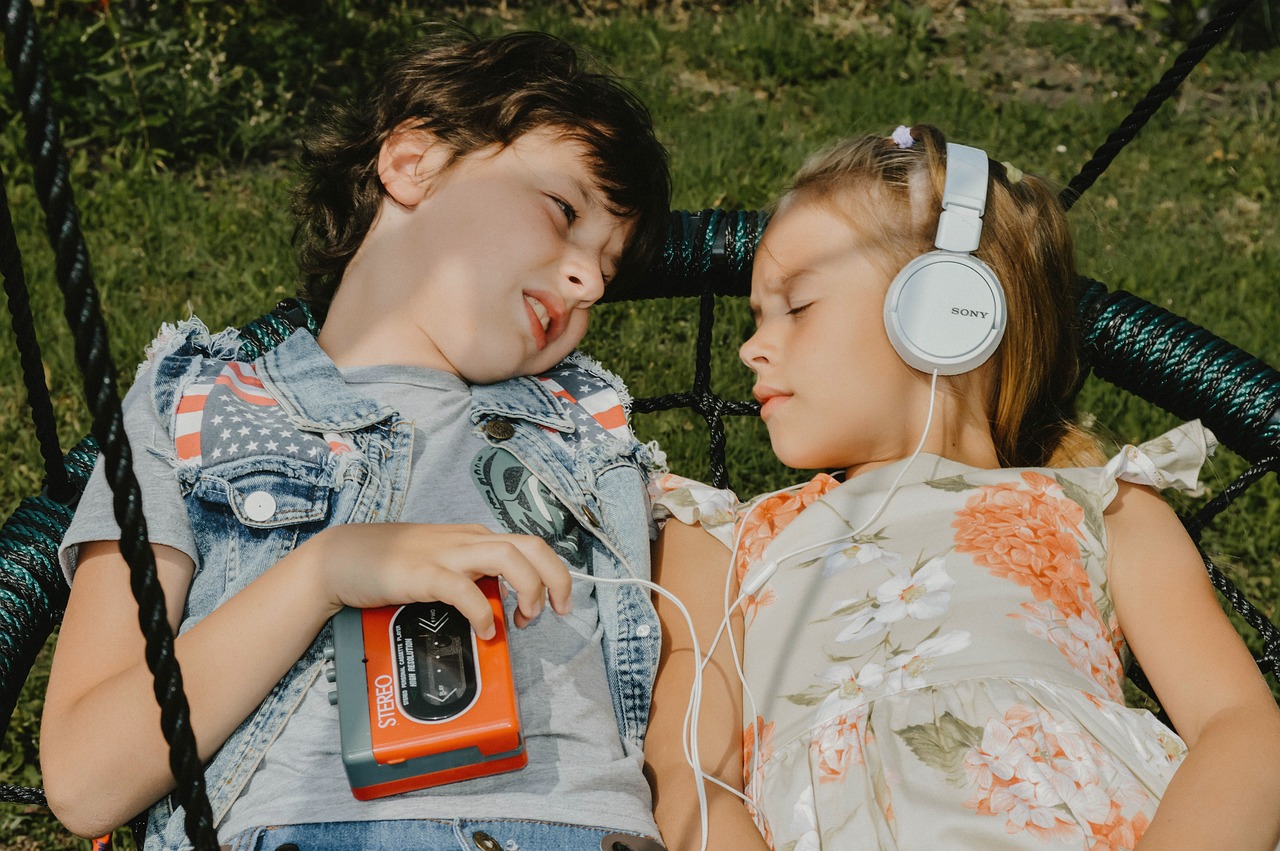
The Influence of Music in Society
Music has a way of positively influencing emotions that is unmatched by any other embodiment of human expression due to its flexibility in characteristics and degree of creativity. It encourages a calm, emotional state by initiating changes in the development of neurochemicals. It has the ability to easily encourage and influence a society, culture or behaviour. The slightest distinct sounds noticed in the melodic or harmonic features of a piece can introduce an entire realm of possibilities in humans’ imagination. In cultures, music and sound is usually what brings people together to celebrate tradition. Each culture has their own representation of what music is, with entirely new musical concepts and in some cases, different music modes and scales as opposed to the western mode systems. Growing up and experiencing different genres can play an extensive role in finding and creating an individual’s identity. This includes the music played by peers in a regular environment and the pieces an individual chooses to discover. Therefore, adolescents growing up in a culturally foreign environment can affect their interpretation of music.
Techniques in Music Therapy
According to Soundscaping, techniques of music therapy include:
- Playing instruments (hand percussion)
- Writing lyrics for new songs
- Improvisation on instruments or voice
- Listening to music (live or recorded)
- Relaxation and meditation assisted with music
- Learning to play a new instrument
- Movement and dance to music (live or recorded)
- Analysing an individual’s emotional response or attachment to specific songs

In retrospect, we use receptive music therapy every day. We choose genres we like to listen to depending on the mood we are in and subsequently respond to the music based on our emotional reactions. In addition to its nurturing service, music therapy can train young people with anxiety to develop their emotional regulation skills. These particular tools are highly valuable in our everyday life, especially when certain social environments can be arduous and mentally draining for highly anxious adolescents.
- Editors Note. This article is published with permission of Anoushka Naker who is a university student studying Popular Music Performance at a music institute with the goal of supporting mental health through creative outlets.

